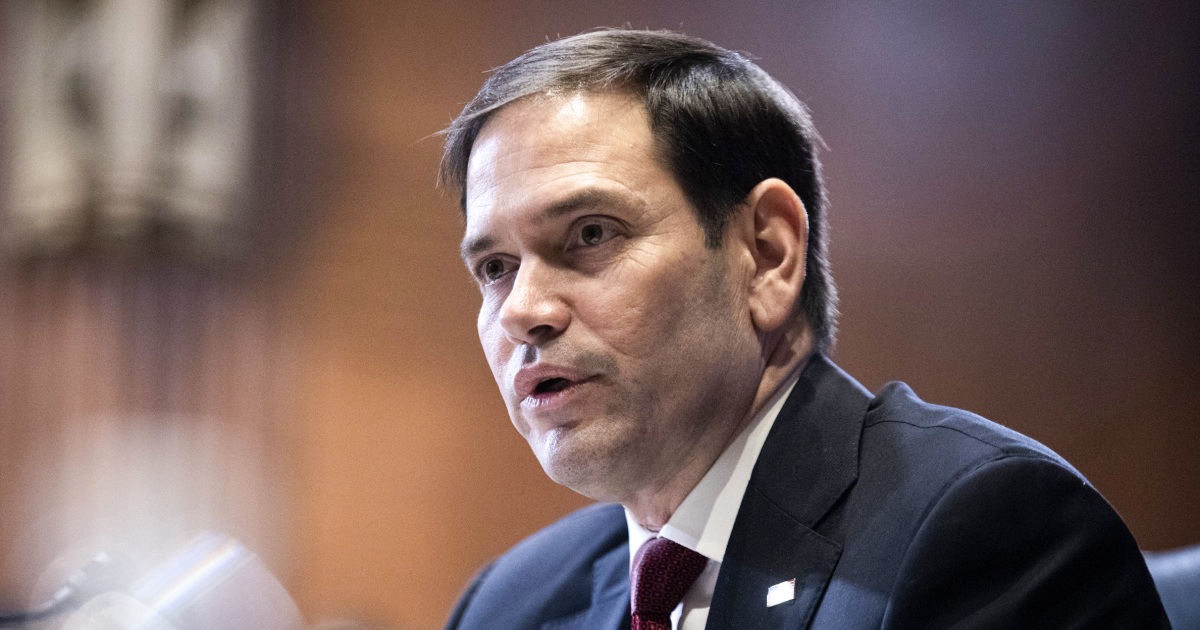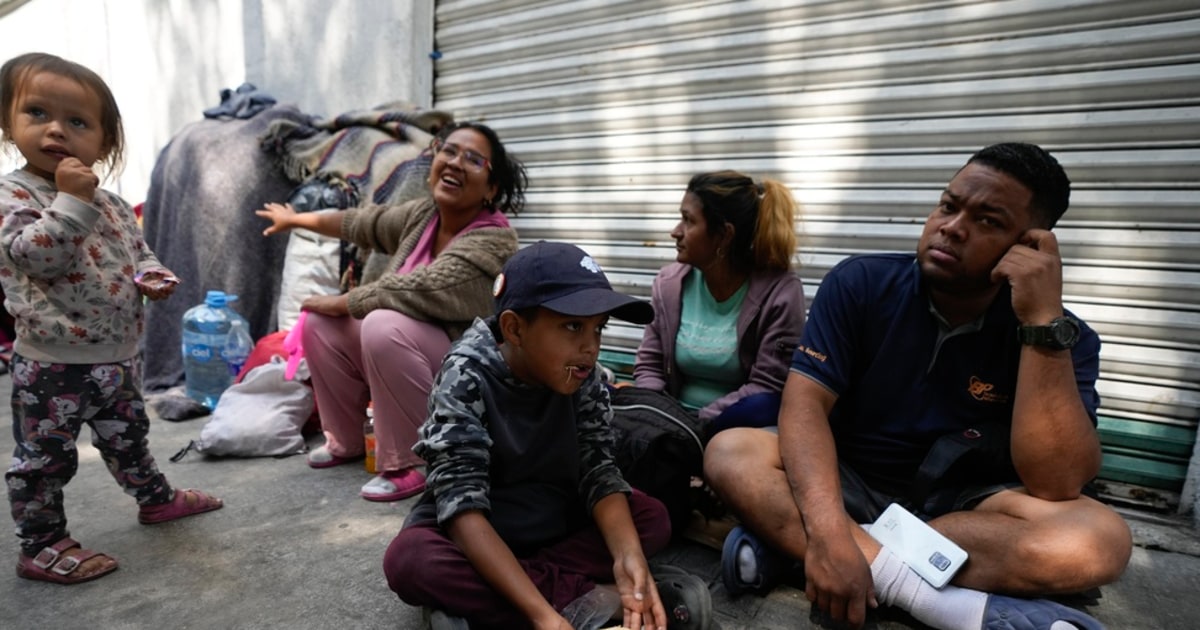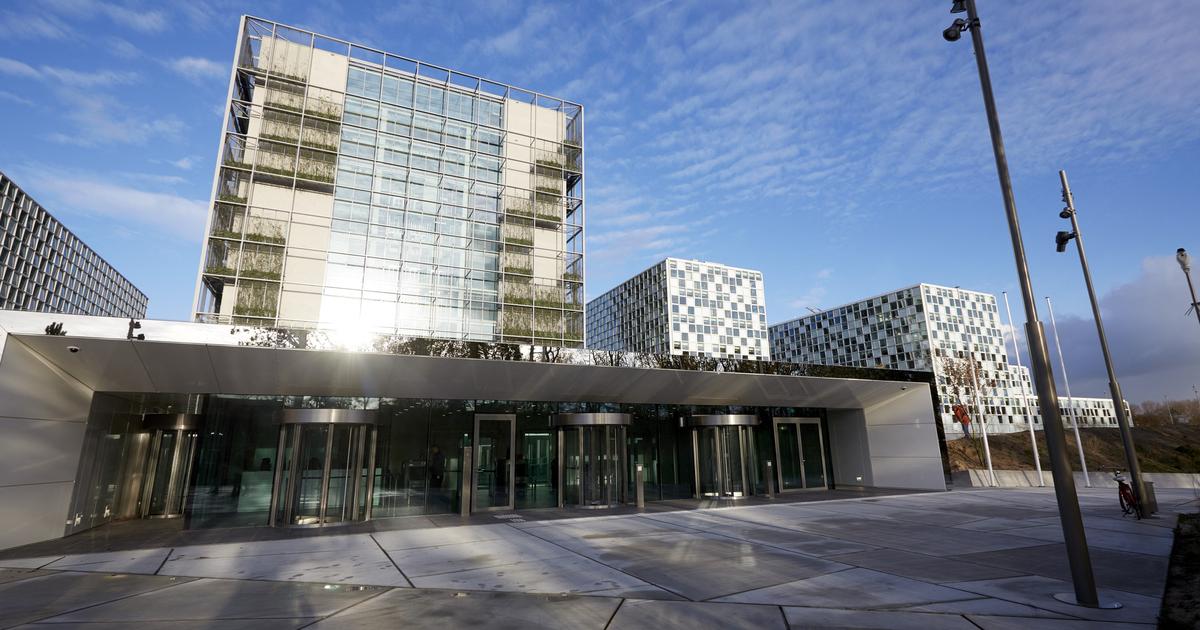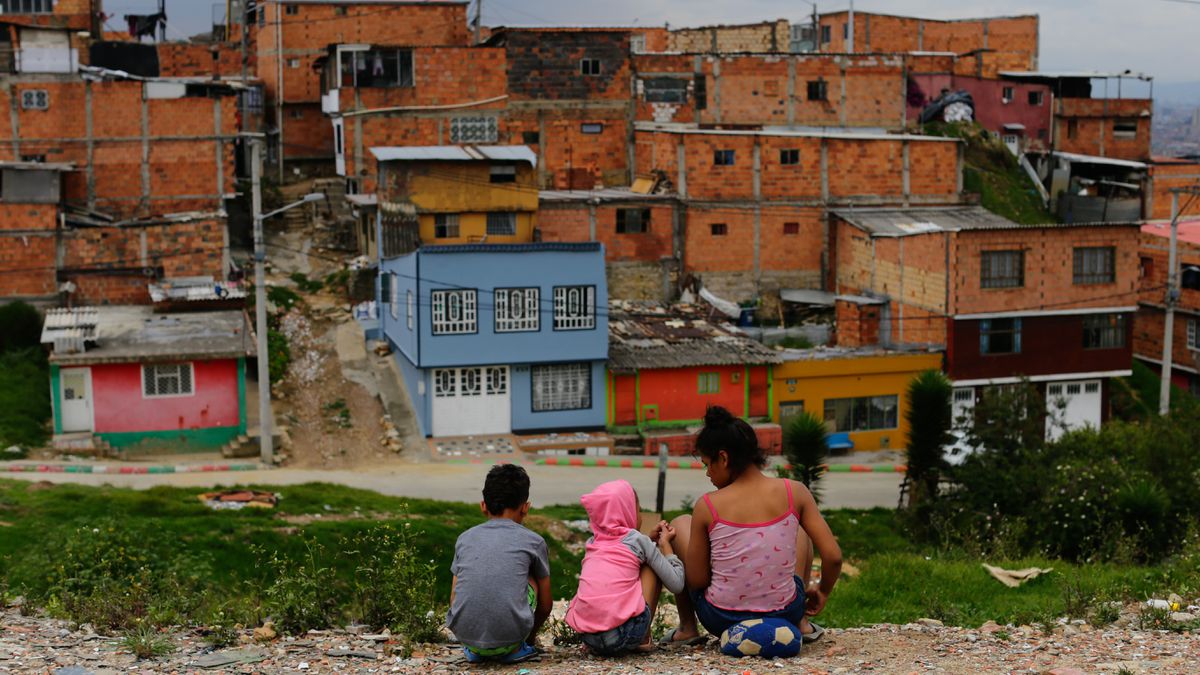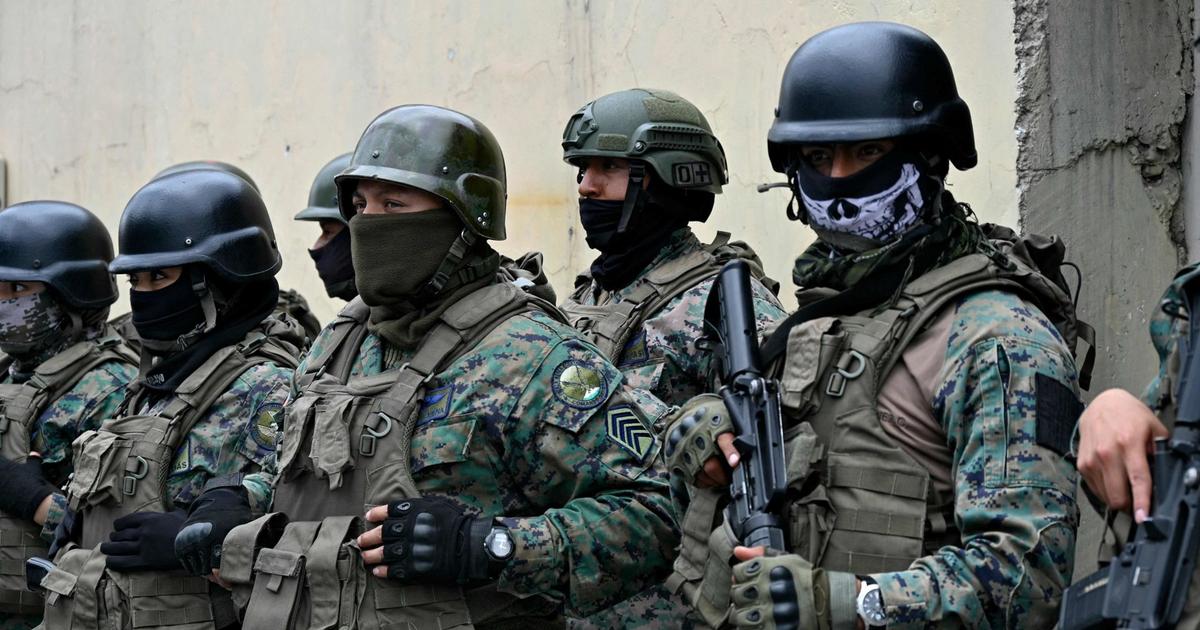Venezuela's southern border with Colombia is a conflict zone.
Last weekend, Venezuelan military officers clashed with Colombian armed irregular groups in the La Coromoto sector, in the state of Apure, 800 kilometers from Caracas, authorities reported.
After the assassination of two Venezuelan soldiers and the capture of a group of alleged irregular, the fighting has escalated.
More than 3,000 Venezuelans fled the violence and crossed into small Colombian towns located on the other side of the international border.
Venezuela's Defense Ministry reported that Major Edward Cobo Segovia and First Lieutenant Yonathan Duarte, both from the Bolivarian National Armed Forces (FANB), died on Sunday.
In addition, 11 soldiers were injured.
The official part adds that during the operations the leader of the attacking group, who was identified as alias El Nando, was "neutralized" without specifying whether he was killed or arrested.
32 people ended up in jails and 6 camps were destroyed in which they found "weapons, ammunition, war supplies, explosives and vehicles."
On Tuesday night, there was a new confrontation in the neighboring sector of La Victoria.
A military checkpoint and Apure customs received a load of explosives.
In a statement released on Monday, the FANB noted that several military units, with the support of state security agencies, "continue to carry out search and persecution operations in the area" in "strict compliance" with the presidential order of "zero tolerance. against this type of criminal groups ”.
President Nicolás Maduro referred to this situation on Sunday, when the first fighting took place, and announced the deployment of the Bolivarian Shield operation to protect the border.
"Our Armed Forces have to be combatant and giving results for territorial control," he said.
The Office of the Ombudsman of Colombia reported Monday that they had received more than 600 people in Arauquita, a municipality in the Department of Arauca, where residents of the border towns forcibly migrated.
All of them are in temporary shelters, which has generated a crisis in that small Colombian town.
The director of Human Rights Watch, José Miguel Vivanco, said there are more than 3,000 displaced people.
“They have arrived in Arauquita (Colombia) fleeing from confrontations between the Venezuelan military and dissidents from the FARC [Revolutionary Armed Forces of Colombia].
We are monitoring the situation.
The dictatorship and the armed groups must respect the civilian population, ”he wrote on his Twitter account.
The Maduro government has generically identified the groups that the Venezuelan Army has clashed with, without naming names.
For years, however, the Colombian government and some human rights organizations inside and outside Venezuela have denounced the presence of guerrillas from the FARC and its dissidents and the National Liberation Army (ELN).
In 2020, Human Rights Watch itself concluded in a report that armed groups control the civilian population in Arauca and Apure through threats, kidnappings, recruitment of minors, forced labor and homicides.
In Arauca, groups have also installed antipersonnel mines and committed acts of sexual violence, among other serious abuses, the report said.
Venezuela and Colombia share a porous 2,200-kilometer border.
In recent years, governments have maintained a diplomatic relationship that was finally broken in 2019, when Iván Duque stopped recognizing Maduro as president - re-elected in May 2018 in an election marked by fraud - and supported the interim term of Juan Guaidó, President of the Parliament elected in 2015. Duque has repeatedly accused Maduro of harboring in his territory guerrillas from the National Liberation Army and dissidents who departed from the peace agreement signed in 2016 with the FARC.
Caracas denies it.
He has also pointed this out for giving refuge in Venezuelan territory to the guerrilla leaders Iván Márquez and Jesús Santrich, who once again went into hiding and are reuniting some rebel groups.
At the end of February, Duque installed an elite command with 7,000 soldiers to pursue "high-value objectives" of these groups that, according to the president, act in complicity with the Venezuelan government.
Increase in violence
Different organizations that have documented the presence of Colombian irregular groups on the border point out that Sunday's combat was aimed at confronting a group of FARC dissidents.
From the Venezuelan Observatory for Security and Defense, Rocío San Miguel explains that the pacts between the FARC and the ELN have been broken, which has unleashed a conflict for control of the territory into which the FARC dissidents have entered.
The Venezuelan Armed Forces, he points out, appear to have sided with one side.
"We do not know what the neutrality with the ELN and the FARC and the punishment of the FARC dissidents are due to," the specialist questions.
"This has been one of the biggest incidents that has occurred recently due to its implications," adds San Miguel.
In his opinion, the ambiguity of the Venezuelan authorities in calling the guerrillas "criminal groups" is a sign of the conflicts on the ground between different groups.
"The greatest weight is going to fall on the civilian population and that is why we see the displacements, because in these phenomena retaliation and settling of accounts between all sides are typical."
The Curve of Violence Report, presented by San Miguel last week, includes an analysis of the increase in homicide figures in the six Venezuelan states that share a border with Colombia.
The text indicates that there are more than four murders a day and that there are between one to two confrontations on the border every day.
The humanitarian crisis that has increased the migration of Venezuelans, the expansion of illegal economies and the increase in the presence of illegal armed groups are the cause of the deepening of violence on the binational border.
According to that report, there is a force of about 2,000 people, among members of the ELN, the FARC and other Colombian irregular groups in Venezuela.
Although it is not indicated in the hermetic official part, the NGOs working in the area documented that the military operation on Sunday included air strikes and that one of the Venezuelan officers who died was due to the effects of an antipersonnel mine.
At this point, San Miguel highlights a worrying aspect.
“Venezuela had been declared a country free of antipersonnel mines, after complying with the requirements of the Ottawa Convention and the pertinent verifications.
Unfortunately incidents are beginning to accumulate with them, which are an enormous danger, as has already been demonstrated not only for the National Armed Forces, but also for the inhabitants of the area, ”he says.
"The fact that they exist and that there have been deaths is an extremely serious fact that should set off alerts, even from the international community."


